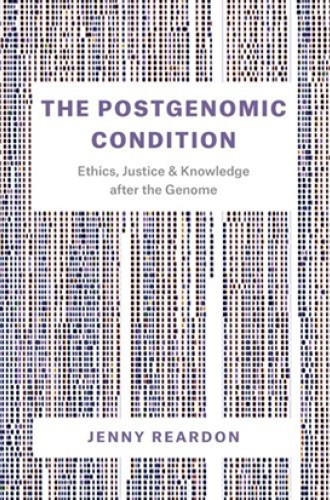Who is genetic analysis for?
There are ethical reasons to think twice before sending off your DNA.
I remember wondering about how secure my DNA would be before I spat into a tube to be sent off for genetic analysis. Despite the risks, I thought I might learn something interesting about my family’s migration over thousands of years and contribute to some greater knowledge that researchers are piecing together about the human story. At the time, I knew of no one close to me who felt comfortable sending off his or her genetic material. Sociologist Jenny Reardon identifies me as the perfect audience for the marketing of the test. Those willing to pay for DNA analysis, she says, belong to “a certain demographic that is more likely to be educated,” “who understood genomics,” and are likely to self-identify as white men.
Reardon is founding director of the Science and Justice Research Center at the University of California–Santa Cruz. She found herself interested in molecular genetics before pivoting into the emerging field of science and technology studies in the late 1990s. Her father, a former Jesuit priest influenced by Pierre Teilhard de Chardin, taught her early in life about the evolving potential of humanity and genetics. While traces of de Chardin’s influence appear throughout the book, she more often draws on the work of political theorist Hannah Arendt and philosopher Jean-François Lyotard, especially in coining the phrase “postgenomic condition.” She defines this term more by a set of questions than declarative statements. The postgenomic condition is that of attempting to understand the value of the human genome and genetic data collected in an era marked by distrust in institutions and rife with health and economic disparities.
She organizes her inquiry mainly around efforts to collect and decode genomic material from various populations around the world, such as Alabama, Scotland, and Nigeria. These projects raise questions about the privacy of the genetic information collected and about what constitutes ethnic or national identity.






